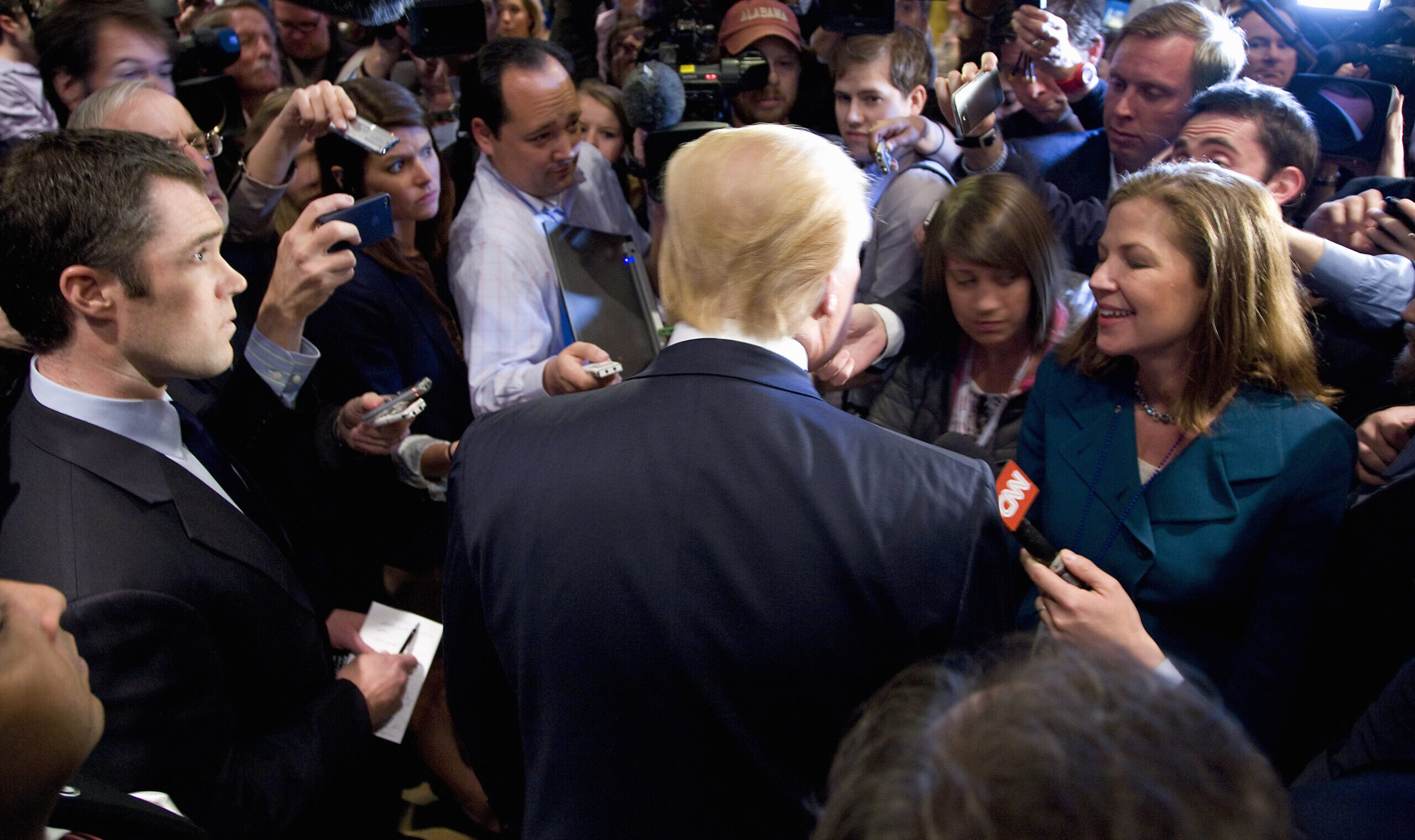Disinvited From The Party
Turning to a very important subject, Peter Suderman discusses the vital cocktail party sell-out question:
The cocktail party criticism has never made much sense to me. For one thing, it misunderstands the nature of DC networking, which is based on prestige far more than on one’s particular political opinions. There may be a handful of exceptions, but in general, switching one’s view on a particular policy or candidate isn’t likely to get you a truckload of invites to swanky society soirees.
I must confess that I have made the remark in one or two conversations about fashionable drinks parties as a half-joking explanation for why some conservatives take the views they do, but I have admit that this is a silly thing to say (and it was silly when McCain said it of Palin’s conservative critics). It is certainly the sort of thing that seems most plausible to those who spend the least time in Washington, and therefore sounds least credible when uttered by Washington politicians. Almost as silly as the cocktail party criticism is the entire genre of Strange New Respect polemics that are to policy views what the “cocktail party” argument is to politics. (Actually, they’re really two sides of the same coin.) We are all familiar with the Strange New Respect idea, which is that such-and-such Republican or conservative does not espouse a dissenting view from the majority of his peers because he thinks this view is true, but rather because he receives praise from the other “side” and he becomes very keen to win applause from people with whom he otherwise has nothing in common. The one case where this might be true is that of politicians, who have real incentives to engage in opportunistic breaks with their party to curry favor with media outlets, but once you move beyond elected officials the advantages of criticizing one’s own “side” are non-existent and the costs multiply quickly. The pressure to conform is very strong, and this is confirmed by the existence of the Strange New Respect and “cocktail party” stigmas, which are some of the mechanisms for maintaining that conformity. These methods are used to isolate dissenters by claiming, or simply hinting, that their integrity has been compromised and that their opinions should not be trusted.
It also matters how you break with your party or political confreres. No one makes these claims about Tom Tancredo or Ron Paul.
